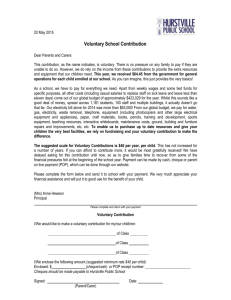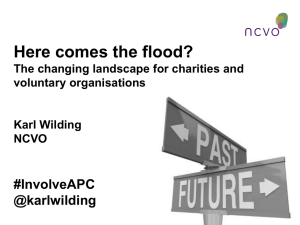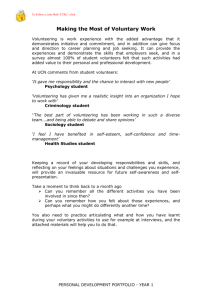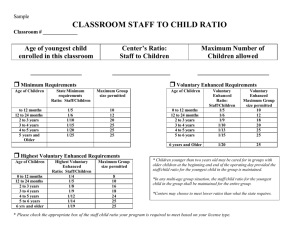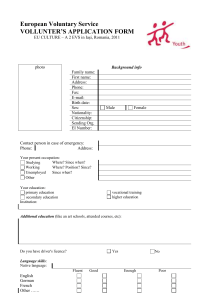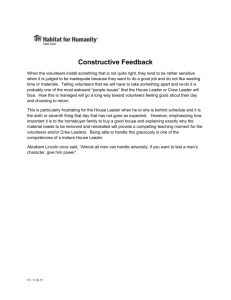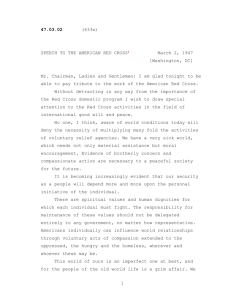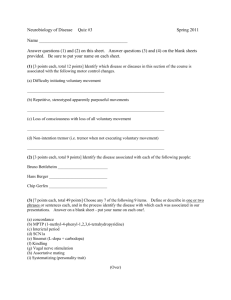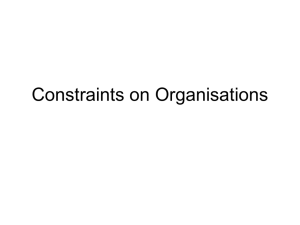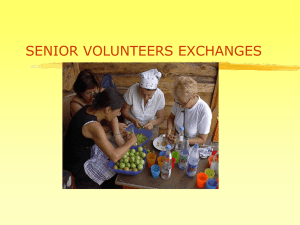Keep the Home Fires Burning for the Healthy Communities: A
advertisement
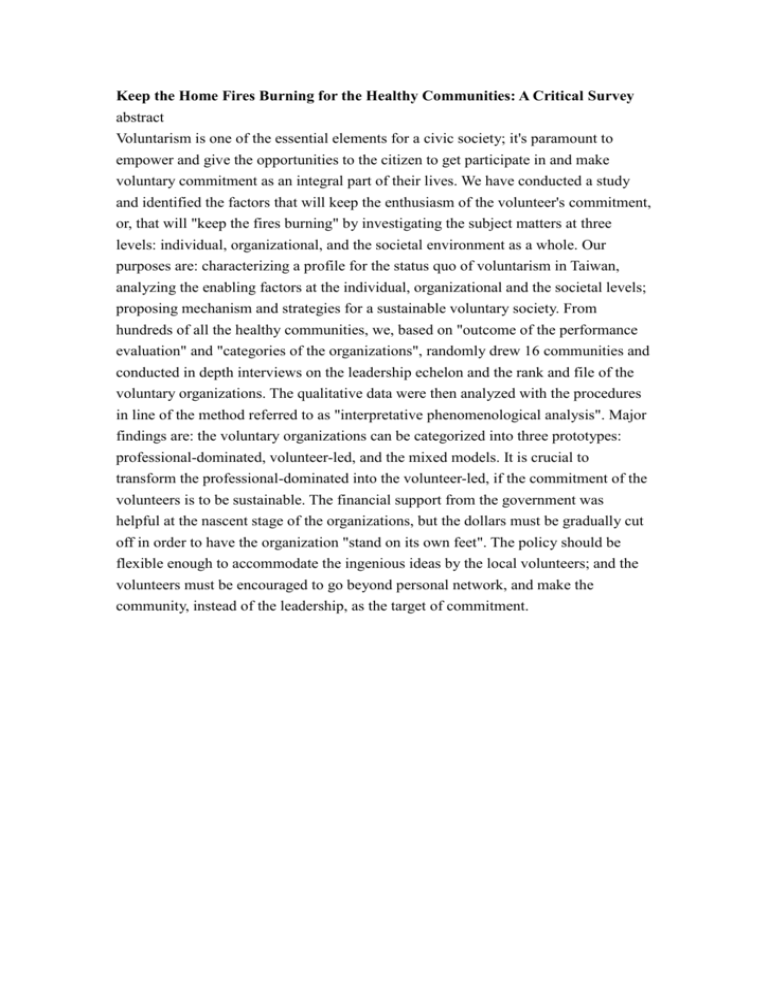
Keep the Home Fires Burning for the Healthy Communities: A Critical Survey abstract Voluntarism is one of the essential elements for a civic society; it's paramount to empower and give the opportunities to the citizen to get participate in and make voluntary commitment as an integral part of their lives. We have conducted a study and identified the factors that will keep the enthusiasm of the volunteer's commitment, or, that will "keep the fires burning" by investigating the subject matters at three levels: individual, organizational, and the societal environment as a whole. Our purposes are: characterizing a profile for the status quo of voluntarism in Taiwan, analyzing the enabling factors at the individual, organizational and the societal levels; proposing mechanism and strategies for a sustainable voluntary society. From hundreds of all the healthy communities, we, based on "outcome of the performance evaluation" and "categories of the organizations", randomly drew 16 communities and conducted in depth interviews on the leadership echelon and the rank and file of the voluntary organizations. The qualitative data were then analyzed with the procedures in line of the method referred to as "interpretative phenomenological analysis". Major findings are: the voluntary organizations can be categorized into three prototypes: professional-dominated, volunteer-led, and the mixed models. It is crucial to transform the professional-dominated into the volunteer-led, if the commitment of the volunteers is to be sustainable. The financial support from the government was helpful at the nascent stage of the organizations, but the dollars must be gradually cut off in order to have the organization "stand on its own feet". The policy should be flexible enough to accommodate the ingenious ideas by the local volunteers; and the volunteers must be encouraged to go beyond personal network, and make the community, instead of the leadership, as the target of commitment.

